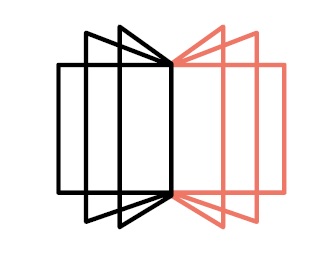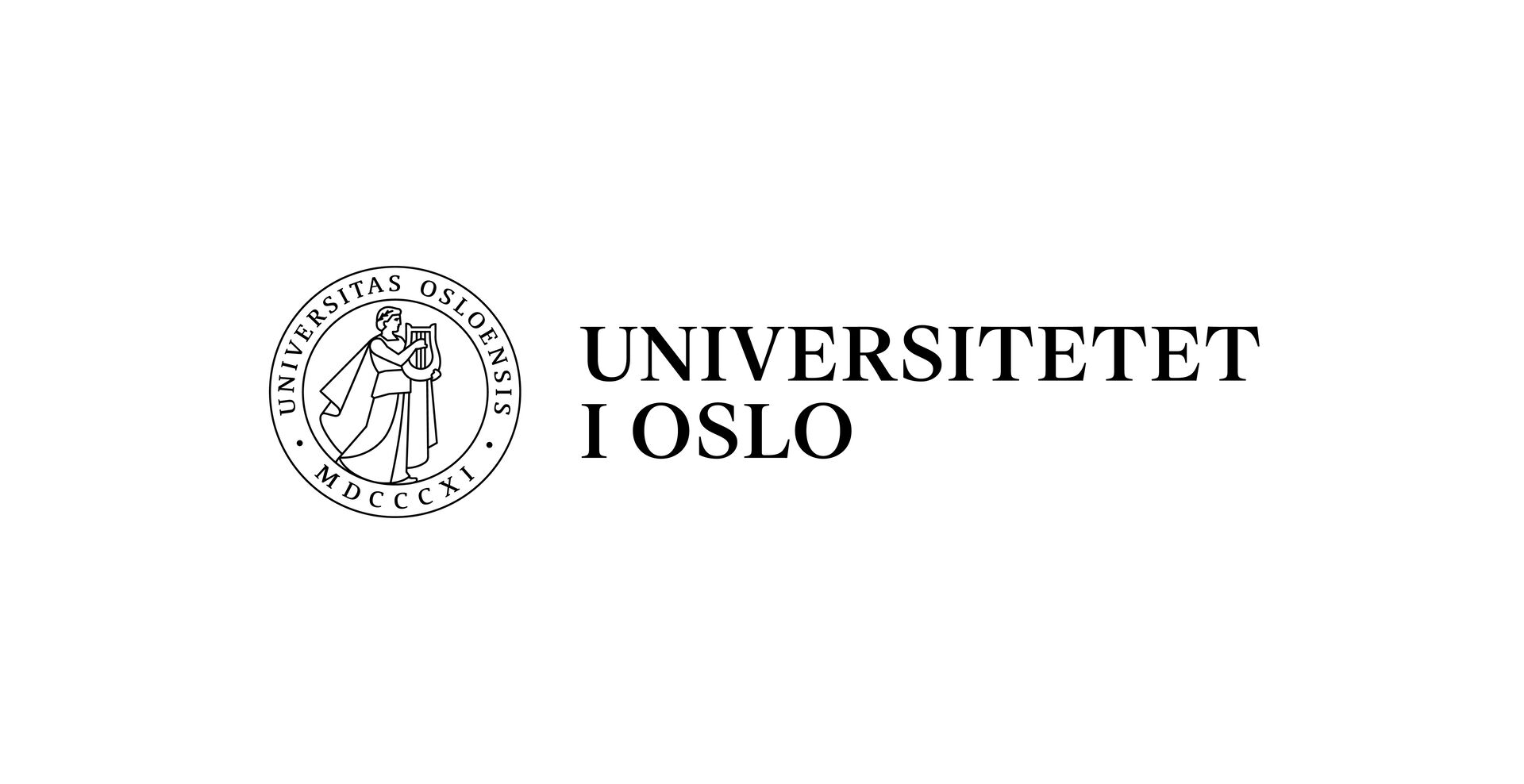Registration
Registration is now open. It is a two-step process where you need to:
2) Register for the conference
Registration fees will be:
- Ordinary participants: app. 245 Euro
- PhD participants: app. 195 Euro
- Conference dinner: 100 Euro
Please make sure both to register and pay for the conference to make your registration complete.
Keynotes
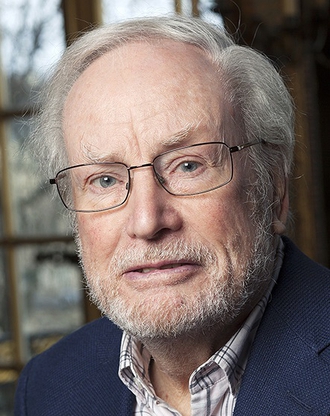
Oxford University,
University of Oslo

Oxford University

Soochow University
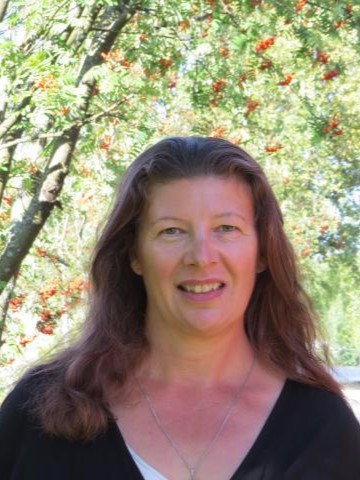
University of Oulu

Denison University
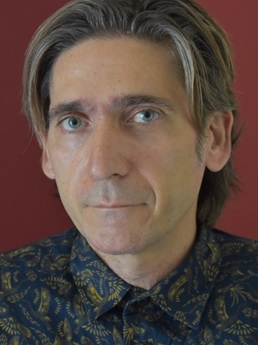
Oxford University
About the conference
Across many areas, there is a growing interest in the history of crises, the ethnography of crises, the social, political, ecological, and economic theories of crises, the psychology and perception of crises, as well as an interest in how artifacts and literary texts enable sustained engagement with crises. While much contemporary work in both the humanities and the sciences have strived to understand how different ecological niches require different strategies for resilience, we see a need for considering the crises from a human interactivity and first-, second- and third person perspective.
Humans are trailblazers: we make tracks and roads, we produce artifacts such as literature and art, we build institutions and cities, and we drill mountains and manipulate the boundaries of places. While seas, mountains, weather, fauna, animals, etc. impact the shape, direction, and quality of our future living, the human species has currently a direct impact on our common future. For that reason, it is urgent to consider how human cognition – and the interactivity between human beings and the environment – can take on a sustainable form.
The aim of this conference is to explore alternative views of crises that allow for various modes of existence in a global world. By using ecological, sociocultural, anthropological, linguistic, and psychological lenses, we seek to investigate how modes of existence differ according to the ecosystems in which communities live, their different cultural practices, and the state of being and becoming experienced by situated persons.
Practical information
- Airport transport
Flytoget takes you to the Central Station and Nationaltheatret in about 20 minutes, but note that Vy runs a more infrequent service at half the price - Public transport
Metro lines 4 or 5 will take you to campus. Disembark at Forskningsparken. Alternatively, you can take the tram lines 17 and 18 and disembark at Universitetet Blindern. Public transport is provided by Ruter AS. They have an app called Ruter Billett on which you can easily find routes and buy tickets, or you can use their website.
For more information about transport and place, click here.
Supplementary information:
You can also find useful information on the ISSILC Facebook page.


